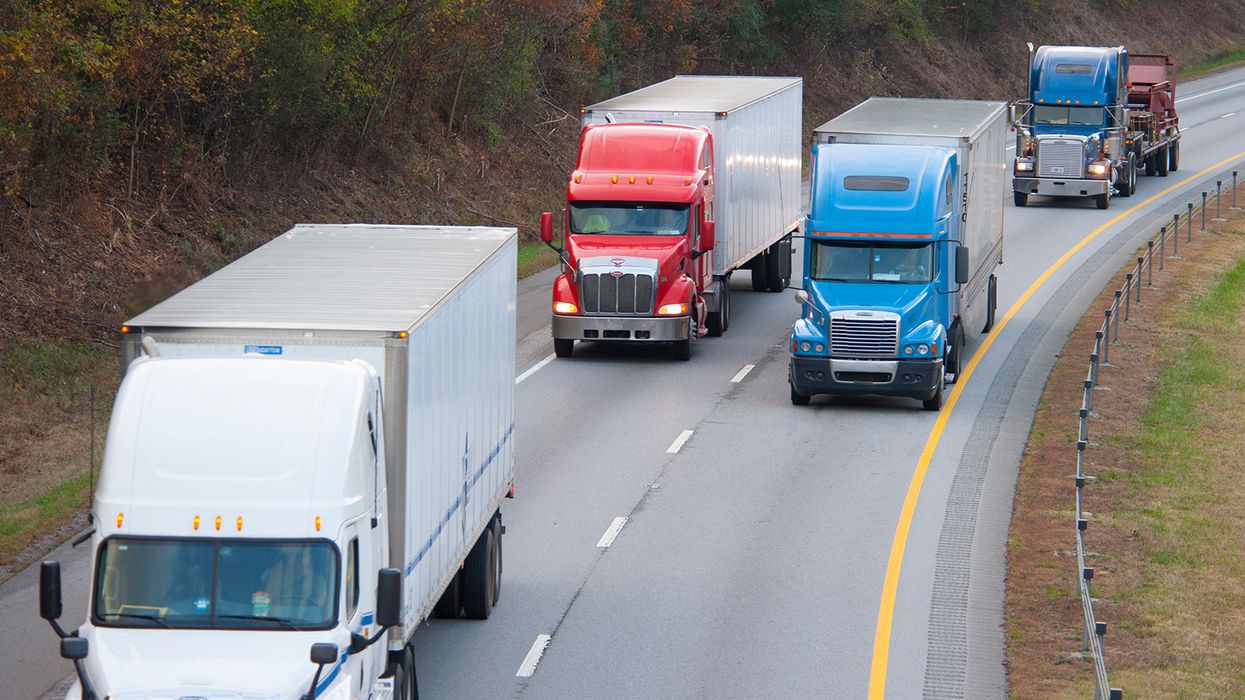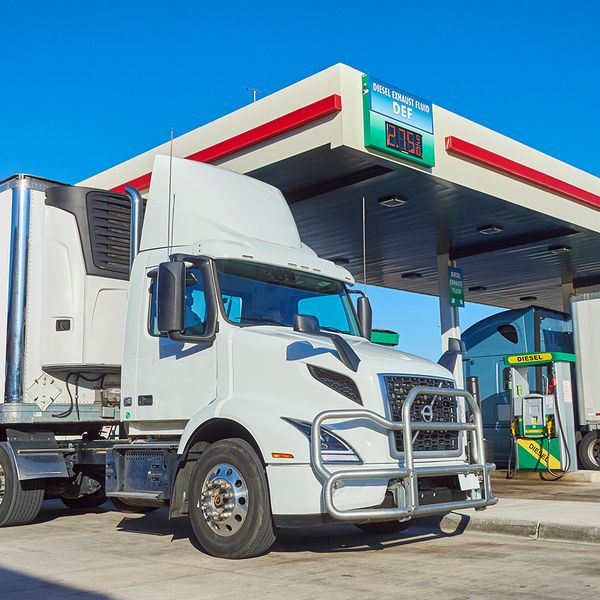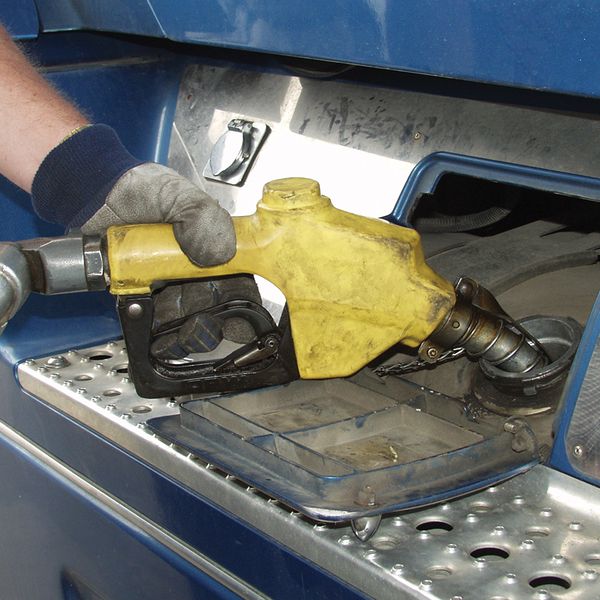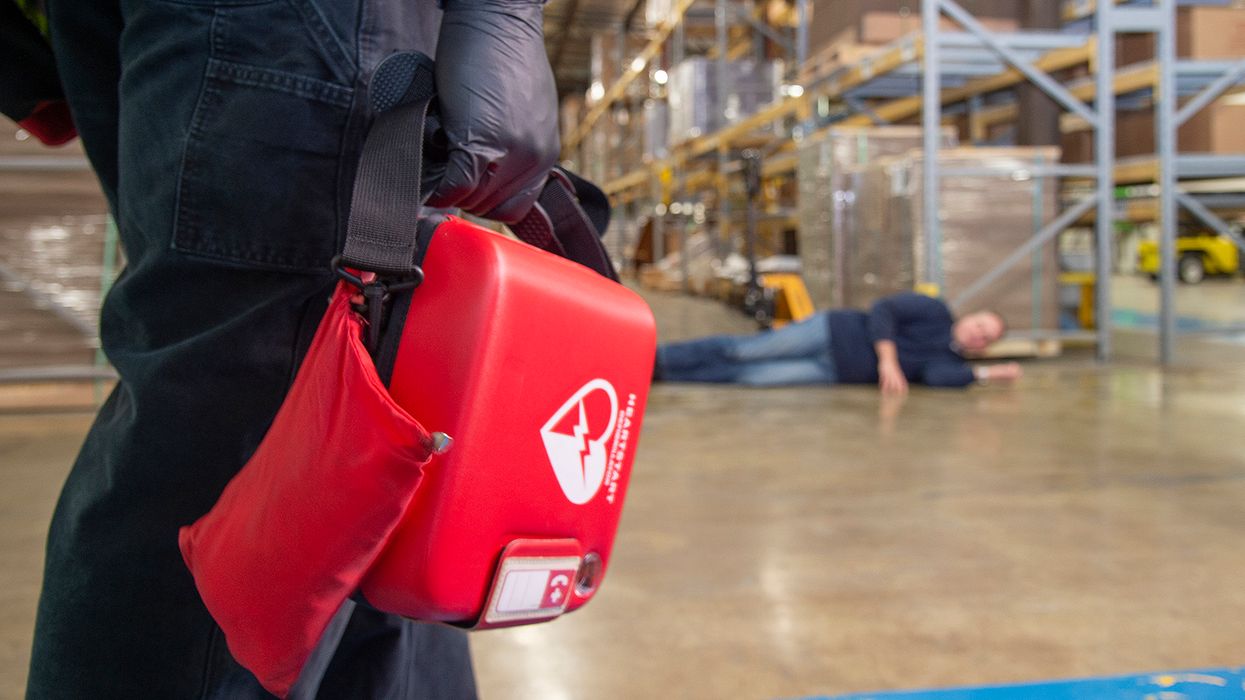Low-emissions rules may ignite change by fueling interest in alternate vehicles
Strict state emissions rules may be the catalyst that some motor carriers need to invest in new vehicle technology.
Recent emissions regulations may force some motor carriers to seek out vehicles with low emissions, since those who continue to use high-emission vehicles may face penalties.
Before buying, ask the right questions
If you are a carrier that may be toying with the idea of investing in alternate fuel vehicles, there are some key questions you need answered before making any purchasing decisions:
- What emissions regulations and incentives apply to the alternative fuel in your operating area(s)?
- How reliable is the technology, and how soon could it be obsolete?
- How long will the vehicle last?
- What is the total cost of ownership (TCO), including residual value?
- What shop modifications, technician training, and safety precautions are needed to support the respective alternative fuel vehicles?
- How does the vehicle function in extreme heat or cold temperatures?
- How volatile is the cost of the alternative fuel?
- What refueling infrastructure investment is needed, if any?
- How will fuel efficiency and refueling infrastructure impact routing and service?
- Will additional weight impact freight-hauling efficiency or safety?
Research each fuel type
The following resources in Compliance Network can serve as a starting point as you consider each alternate fuel type:
- Compressed and renewable natural gas
- Biodiesel and renewable diesel
- Propane Autogas or Liquefied petroleum gas
- Ethanol
- Hydrogen - Fuel cell electric vehicle
- Electric vehicles
Check out these related In-Depth Articles:
Still have questions?
If you have additional questions on alternate fuel vehicles or any other topic, please contact our subject matter experts using Expert Help.



















































